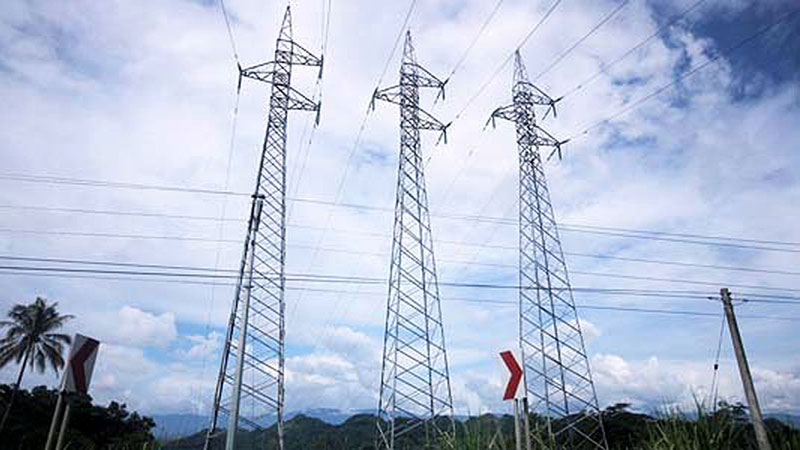No red alerts projected in coming weeks — DoE
By Sheldeen Joy Talavera – June 9, 2024 | 8:17 pm
from Business World

BW FILE PHOTO
THE Department of Energy (DoE) does not expect red alerts to be declared on the power grid in the coming weeks with the power supply stabilizing, though it added that yellow alerts remain a possibility.
“We do not see manual load dropping or red alert (but) we also do not rule out the possibility of having red alert,” Energy Assistant Secretary Mario C. Marasigan said in a forum over the weekend.
Mr. Marasigan said that the chances of declaring alerts has receded recently. No alerts have been issued since Thursday, June 6.
Mr. Marasigan said that the DoE had initially projected the surge in demand to start in mid-May at the 13,900-MW level, but it came earlier than expected, in April, due to the impact of El Niño and the dry season.
“In fact, our projection of 13,900 [MW] was breached on April 24 here in Luzon, we reached 14,017 (MW),” he said.
Mr. Marasigan said that the DoE is preparing for La Niña and the rains it will bring.
“(Power) plants have small footprints but (compared to) the footprint of our transmission lines and distribution utilities — that is what we are preparing for, which hopefully will not be affected,” he said.
On Friday, the government weather service, known as PAGASA (Philippine Atmospheric, Geophysical and Astronomical Services Administration) announced the end of El Niño, with about 59% chance of La Niña developing between July and September.
However, PAGASA said that “the impact of El Niño, such as warmer-than-usual surface temperatures and below-normal rainfall, may still continue in some areas of the country.”
The PAGASA last month announced the onset of the rainy season.
“We do not expect La Niña to have the same negative effect on power generation as El Niño did on several power plants around the country,” Terry L Ridon, public investment analyst and convenor, said in a Viber message when asked to comment.
“However, generation companies should be made to account for the unexpected plant outages during the summer months, as this has caused electricity prices to rise significantly over a three-month period,” he added.


